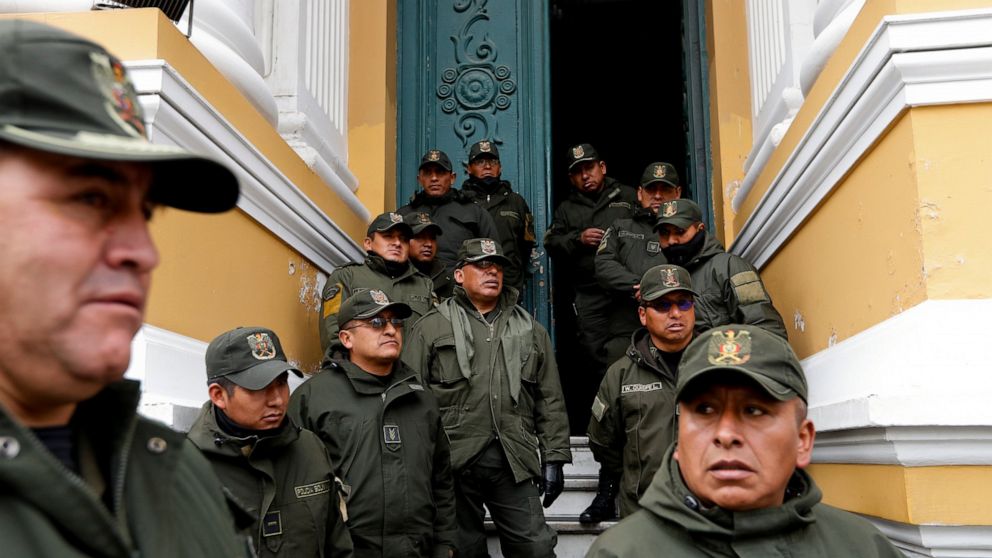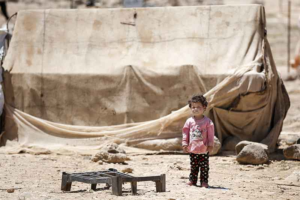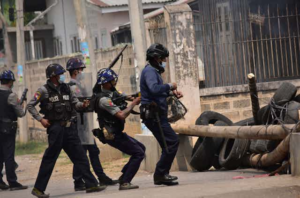Atilio Borón
The Bolivian tragedy eloquently teaches several lessons that our peoples and popular social and political forces must learn and record in their consciences forever. Here, a brief enumeration.
First, no matter how much the economy is managed in an exemplary way as the Evo government did, growth, redistribution, flow of investments are guaranteed and all macro and microeconomic indicators are improved, the right and imperialism will never accept a government that does not serve its interests.
Second, we must study the manuals published by various US agencies and their spokesmen disguised as academics or journalists to be able to perceive the offensive signals in time. These writings invariably highlight the need to destroy the reputation of the popular leader, which in specialised jargon is called character assasination as a thief, corrupt, dictator or ignorant. This is the task entrusted to social communicators, self-proclaimed as “independent journalists”, who in favor of their quasi-monopoly control of the media drill the brains of the population with such defamations, accompanied, in the case at hand, by messages of hate directed against native peoples and the poor in general.
Third, once the above has come, it is the turn of the political leadership and the economic elites claiming “a change”, ending Evo’s “dictatorship” that, as the unpresentable Vargas Llosa wrote a few days ago, that is a “demagogue who wants eternalise in power. ” I suppose he will be toasting with champagne in Madrid seeing the images of the fascist hordes looting, burning, chaining journalists to a post, shaving a woman mayor and painting her in red and destroying the minutes of the last election to fulfill the gift mandate Mario and free Bolivia from an evil demagogue. I mention his case because it has been and is the immoral standard bearer of this vile attack, of this limitless felony that crucifies popular leaderships,
Fourth: the “security forces” enter the scene. In this case we are talking about institutions controlled by numerous agencies, military and civil, of the United States government. They train them, arm them, do joint exercises and educate them politically. I had the opportunity to verify it when, at the invitation of Evo, I inaugurated a course on “Anti-imperialism” for senior officers of the three forces. On that occasion I was embarrassed by the degree of penetration of the most reactionary American slogans inherited from the Cold War era and by the undisputed irritation caused by the fact that an indigenous was president of his country. What those “security forces” did was to withdraw from the scene and leave the field free for the uncontrolled performance of the fascist hordes—such as those that acted in Ukraine, in Libya, in Iraq, in Syria to overthrow, or try to do so in the latter case, annoying leaders for the empire—and thus intimidate the population, the militancy and the government figures themselves. That is, a new socio-political figure: military coup “by omission”, letting the reactionary gangs, recruited and financed by the right, impose their law. Once the terror reigns and before the defenselessness of the government the outcome was inevitable.
Fifth, security and public order should never have been entrusted in Bolivia to institutions such as the police and the army, colonised by imperialism and its lackeys of the indigenous right. When the offensive against Evo was launched, a policy of appeasement and not responding to the provocations of the fascists was chosen. This served to embolden them and increase the bet: first, demand ballot; later, fraud and new elections; next, elections but without Evo (as in Brazil, without Lula); later, resignation of Evo; finally, given his reluctance to accept blackmail, sow terror with the complicity of police and military and force Evo to resign. From manual, all from manual. Will we learn these lessons?
(Atilio A. Borón is a researcher and writer on politics, economics, international relations and imperialism, with a primary focus on Latin America and the Caribbean.)




